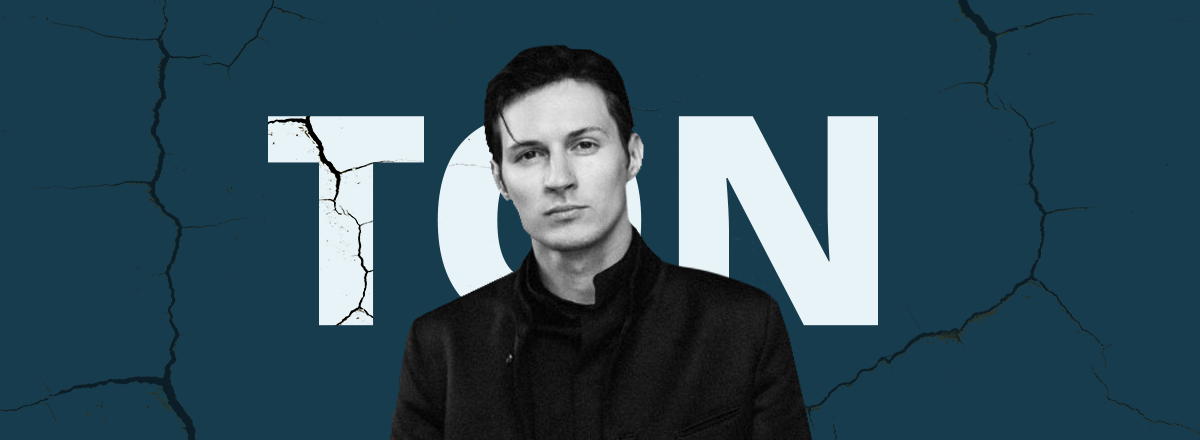On May 12, Pavel Durov announced the closure of the Telegram Open Network (TON) project. A long story of TON and the American regulator came to an end, so the world will never see Durov’s blockchain platform and Gram tokens.

As the documents in the electronic database of the United States District Court for the Southern District of New York say, the lawyers of Telegram Group Inc. decided to withdraw an appeal against a court order banning the sale of Gram due to the closure of the project.
The decision to accept the U.S. Securities and Exchange Commissions claim, which was appealed by Telegram, was made by Judge Kevin Castel in March. The company's lawyers contested a temporary ban on the sale of tokens in the U.S. Court of Appeals for the Second Circuit.
TON was supposed to launch in late April, but on April 30, Durov offered all investors a refund by selling Telegram's equity in a year.

Telegram will not take additional loans until the repayment of the initial loan, which is a priority. Durov guarantees that the debt under each loan agreement is evaluated as pari passu, without preference.
Pari Passu charge means that when the borrower company goes into dissolution, the assets over which the charge has been created will be distributed in proportion to the creditors' (lenders) respective holdings.
A company that is in the same group of individuals with a creditor outside the United States, as well as family members of the investor, will receive a loan assignment on a Telegram loan if they are individuals.
If the lender is under American or European sanctions at the loan repayment date, they lose the right to return the money only for the period until Telegram can make the payment without violating the sanctions.














